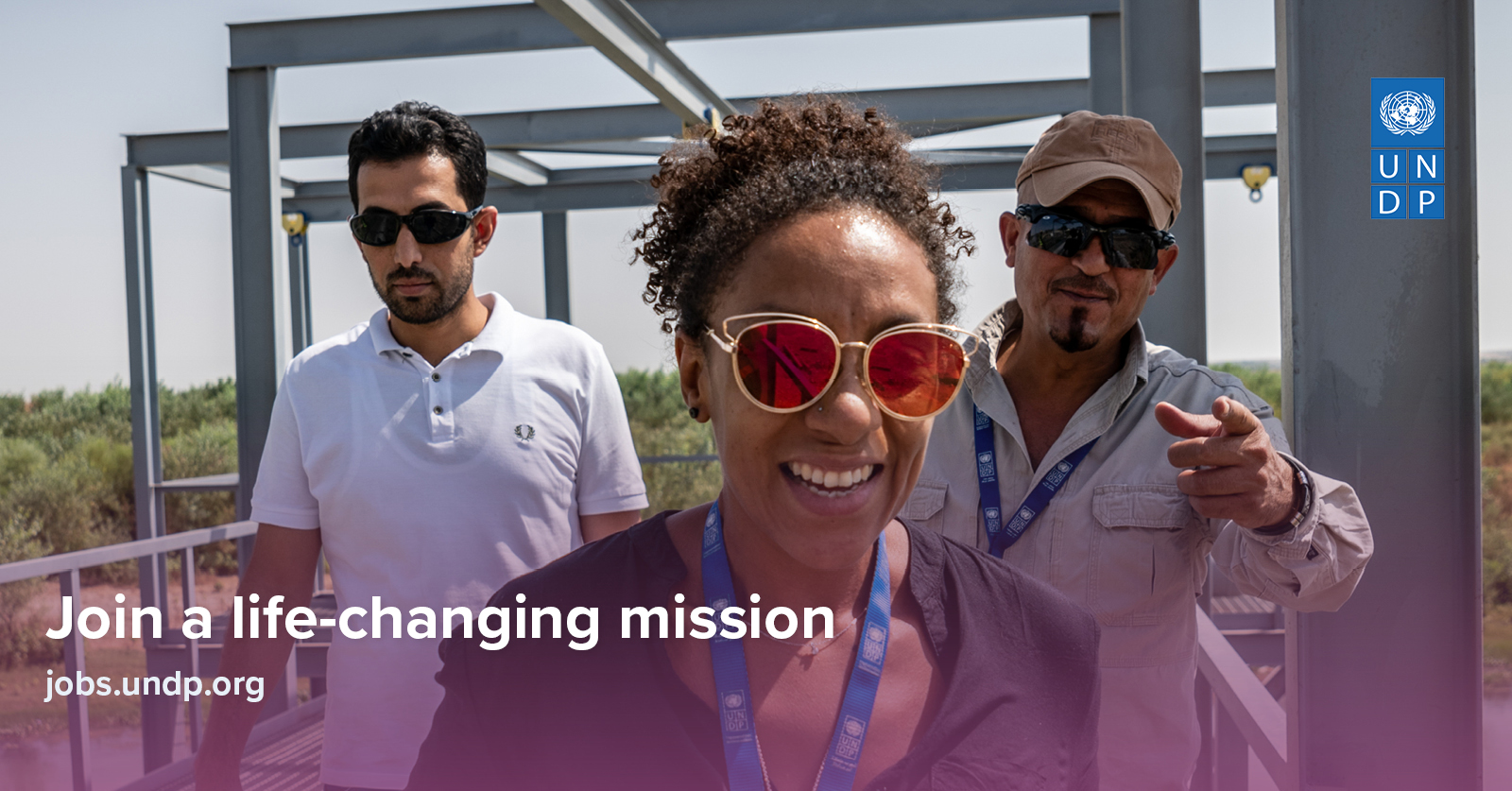
Purpose
To develop a communications strategy to guide internal and external communications, and to facilitate creation of a project visual identity to apply to project events, external publicity, and communication.
Objective
The communications strategy and visual identity will guarantee harmonised communication and promotional materials to be used by all implementing UN agencies, aiming to ensure clarity in project messaging and branding at national and regional level. Consistent use of the visual identity, programme logo, common messages, as well as coordinated communication actions, will ensure greater communication impact.
Background
Over the past three decades, the region has witnessed significant change and undergone major processes of transformation, beginning with the collective experiences of the breakdown of communism across Eastern Europe, and then the collapse of the former Yugoslavia and the accompanying violent conflicts. Several peace agreements and constitutional arrangements successfully helped transition most parts of the region out of conflict. Authorities have also embarked on ambitious socio-economic, administrative and governance reforms, and have committed themselves to the EU accession path. Initiatives to smooth trade and commerce and examples of successful peace-sustaining efforts showcase the power of compromise and cooperation between relevant authorities and partners.
Yet certain challenges to peace and regional stability remain. There are considerable gaps in social, economic and political inclusion and/or participation in political and civic life. In many critical domains there is limited constructive dialogue, there are differing narratives about the past, present and future.
Due to the fact that ethnic groups and various media platforms conveying divisive narratives cross borders/boundaries in the region, the risks to social cohesion and stability in the region are real. Echoing global trends, ethnic-or nationalist-based discourse has the potential to negatively affect good neighbourly relations in many areas. These challenges across the region and within countries and territories have been intensified due to issues relating to refugees and migrants, as well as the COVID-19 pandemic.
The increase in divisive narratives and rhetoric has highlighted the need for more constructive, fact-based narratives and respectful public discourse within and across communities, countries/territories. Divisive narratives are taking place on the internet, particularly on social media, as well as in public debate, political rallies, sporting events, and in everyday social interaction, and have the potential to aggravate regional dynamics, mistrust and grievances.[1] The degree of internet and cell phone penetration in the region, combined with COVID-19 social restrictions, offer massive platforms for narratives to propagate.
With the region witnessing high numbers of youth emigration,[2] young people, particularly those who remain in the region, continue to experience legacies of the past.[3] This is particularly the case for those living in segregated ethnic majority areas and learning in segregated schools and education systems, with no direct memory of joint peaceful coexistence. Many young women and men have not travelled outside of their sub-regions, and others have not even visited their own major cities. Some commentators see youth, with the inter-generational transfer of trauma and constructed nationalistic narratives, more hardened in their identity and their views of the “other”.[4]
Youth reported hate speech on-or off-line as the most common form of violence or discrimination.[5] Young people across the region are also concerned about the spread of fake news and conspiracy theories online. Many young people would benefit from opportunities for exposure to positive interaction and dialogue with people of different backgrounds, as they are impacted by divisive narratives and stereotypes passed on from one generation to another, and in the media.[6]
There are important opportunities to work directly with a diversity of young women and young men, understand their priorities and interests, support young people’s agency and create space for sustainable reconciliation and overall stabilization, and support the capacities and skills of existing youth-led organizations and emerging new civic actors to engage in reconciliation efforts. A recent extensive study found that young people in the region recognize that they have an important role in effectuating change. While less than 20 percent participate in civic activities, over 65 per cent report an interest in being more actively involved –showing a huge potential for civic engagement.
The focus of this project is divisive narratives and their impact on social cohesion regionally. It will be implemented as a joint program of UNDP, UNFPA, UNESCO and UN Women, with the support of relevant resident/development coordinator offices.
[1] A recent scoping study on agents of change found that there is an increased amount of discriminatory or prejudicial speech, disinformation campaigns and fake news in circulation, aimed at fraying the social fabric around ethnic and religious lines.
[2] World Economic Forum, “The Global Competitiveness Report 2019”, 2020. http://www3.weforum.org/docs/WEF _TheGlobalCompetitivenessReport2019.pdf.
[3] Bieber F, Bino B., Cvijic S., Djolai M., Dzihic V., Flessenkemper T., Kmezic M., Marovic J., Stratulat., , Vracic A., Wunsch N. March 2017. The Crisis of Democracy in the Western Balkans. An Anatomy of Stabilitocracy and the Limits of EU Democracy Promotion, Policy Study, BiEPAG.
[4] Youth Study Southeast Europe 2018/2019, Friedrich Ebert Stiftung.
[5] Shared Futures: Youth Perceptions on Peace in the Western Balkans. UNDP, June 2021. https://www.eurasia.undp.org/content/rbec/en/home/library/democratic_governance/shared-futures–youth-perceptions-on-peace-in-the-western-balkan.html.
[6] EU-UNDP Research on Socio-Economic Perceptions of Youth in BiH (2016); Learning from Reconciliation Initiatives in the Western Balkans; UNDP/DPA/CEDEM; July 2015.





